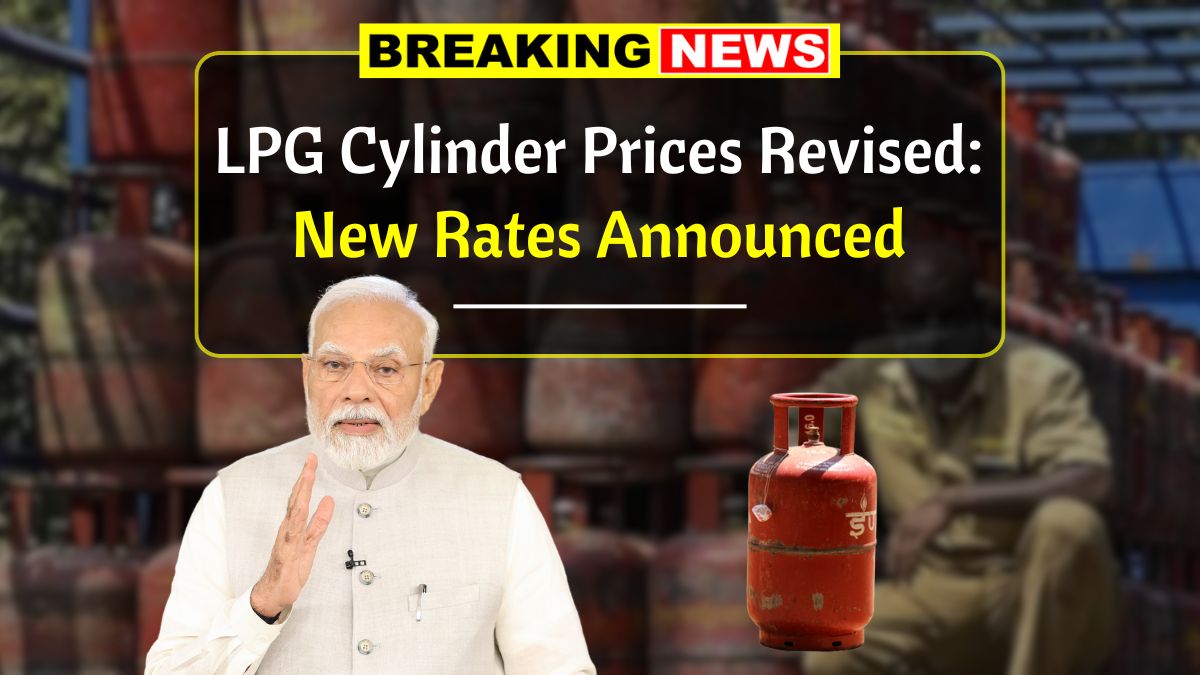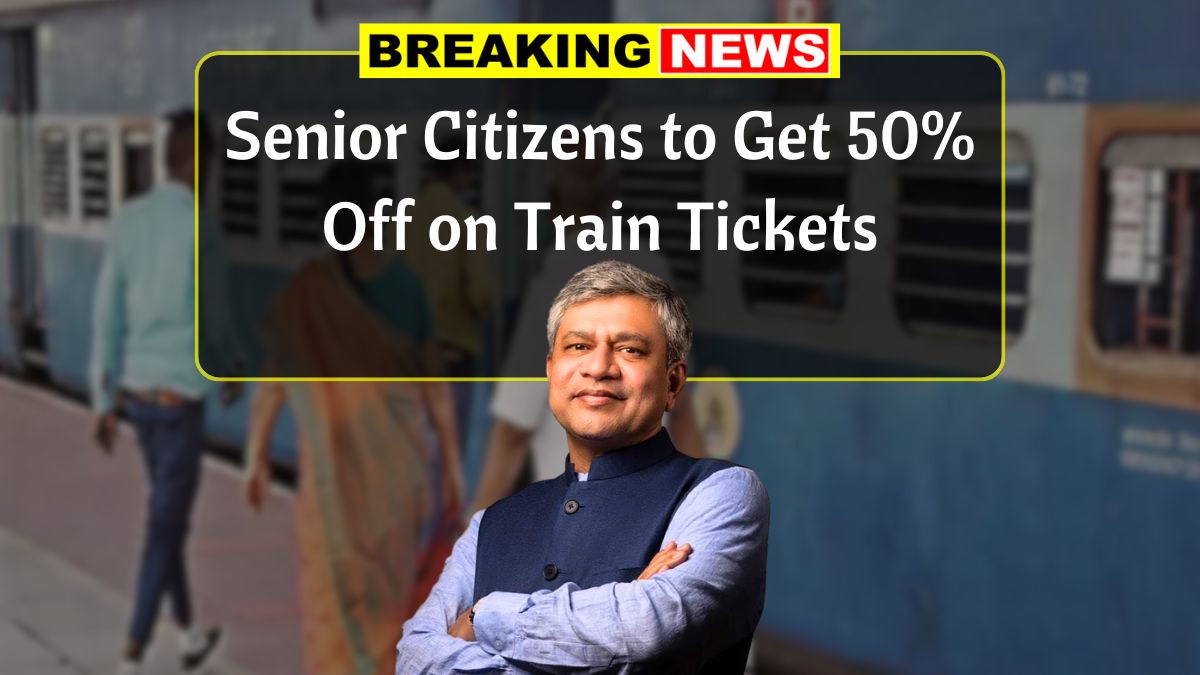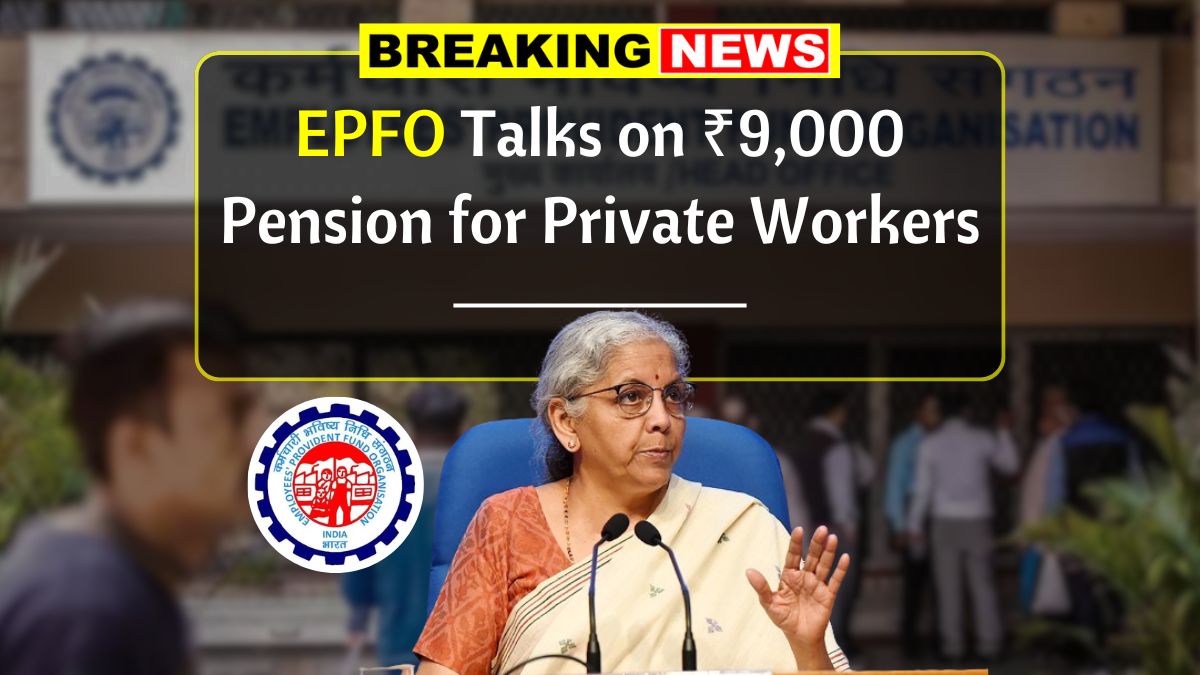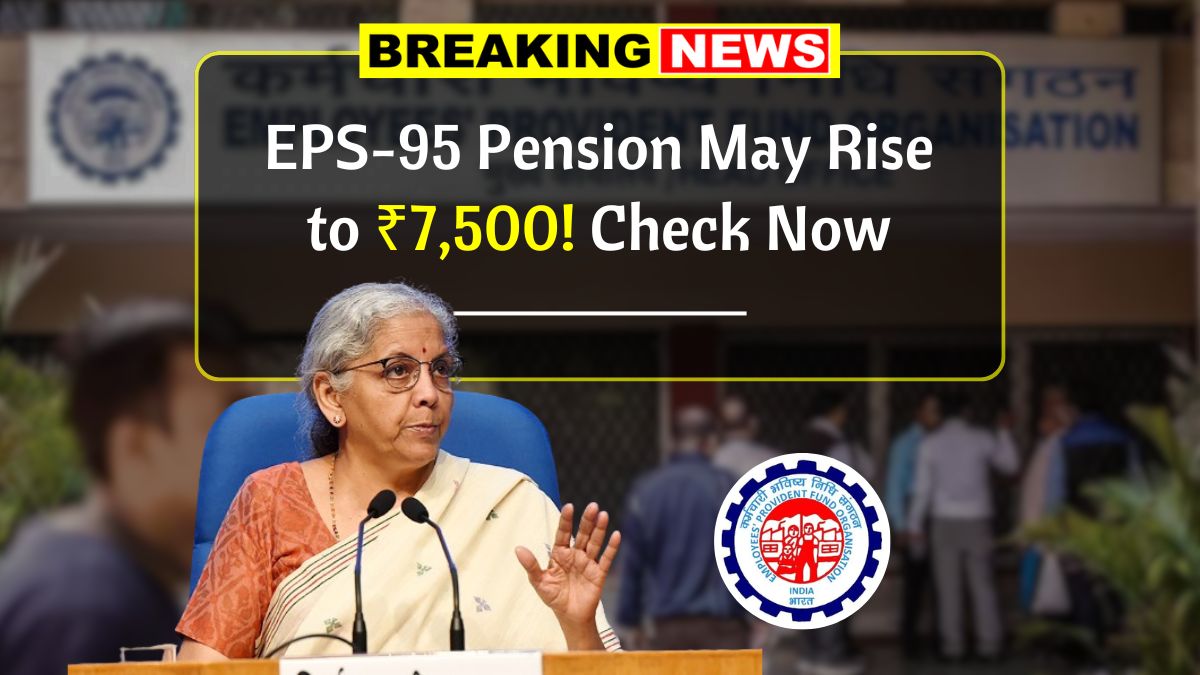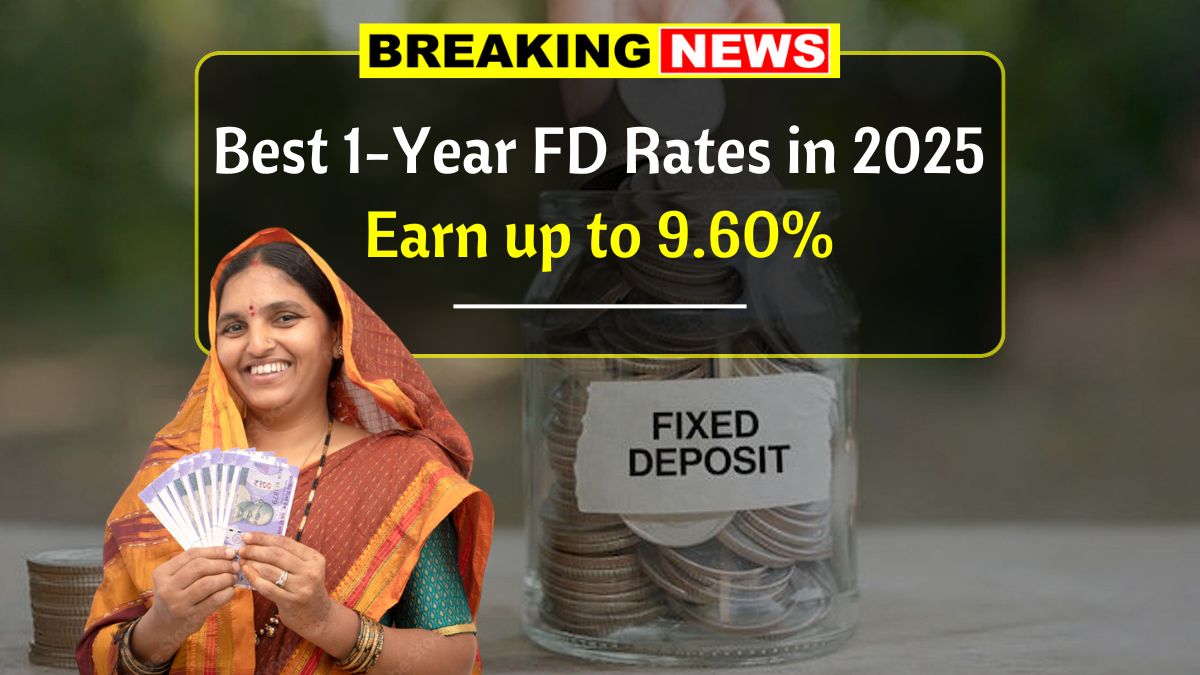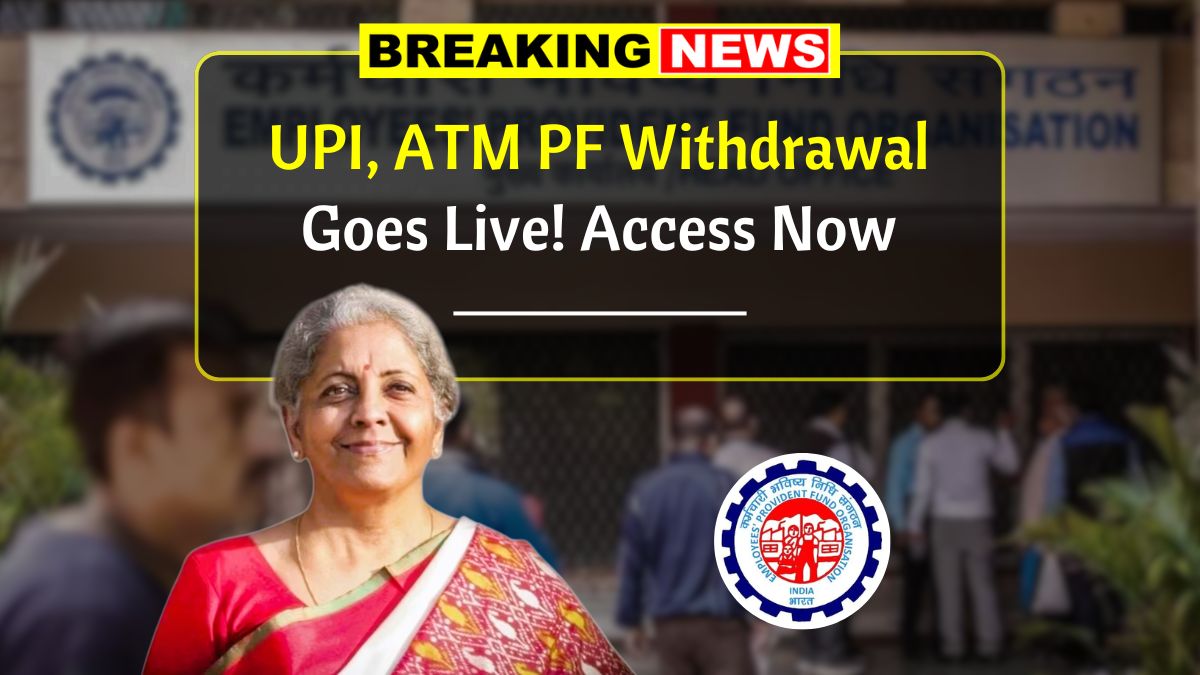LPG Cylinder Price – If you’re someone who relies on LPG cylinders to run your kitchen—and let’s face it, most of us do—then you’re going to want to pay attention to the latest price update for May 2025. Yes, the price of your domestic LPG cylinder has gone up again, and this time the hike is noticeable enough to impact monthly budgets across the country.
In this post, we’ll break down everything you need to know about the recent hike in LPG prices, who it affects, and how you can plan your expenses around it. So grab a cup of chai and let’s dive into the details.
What’s the Big News?
Starting May 2025, the government has implemented a fresh revision in domestic LPG cylinder prices. The price of a standard 14.2 kg LPG cylinder has gone up by ₹22 to ₹26, depending on where you live. This decision is largely driven by international fuel market volatility, rising global LPG prices, and the weakening of the Indian rupee.
And no, this isn’t about commercial cylinders—that remains unchanged this month. This revision only affects domestic consumers.
New LPG Prices in Major Cities
Here’s a quick look at how prices have changed in some of the key Indian cities:
| City | Old Price (₹) | New Price (₹) | Increase (₹) |
|---|---|---|---|
| Delhi | 903 | 928 | +25 |
| Mumbai | 902.50 | 925 | +22.50 |
| Kolkata | 929 | 954 | +25 |
| Chennai | 918.50 | 943 | +24.50 |
| Bengaluru | 912 | 938 | +26 |
| Hyderabad | 955 | 980 | +25 |
| Ahmedabad | 910 | 934 | +24 |
| Jaipur | 916 | 940 | +24 |
The increase might seem small when viewed in isolation, but over the course of a year, it can significantly affect household expenses.
Why This Price Hike?
LPG prices in India are updated every month. These revisions are based on several factors:
- Global crude oil prices
- International LPG benchmark prices
- Shipping and freight charges
- The rupee-to-dollar exchange rate
This particular price revision reflects both rising global LPG costs and the ongoing weakness in the Indian currency, which makes fuel imports more expensive.
Ujjwala Yojana: Some Relief Still Available
Good news for Ujjwala Yojana beneficiaries—you’ll continue to receive a ₹200 subsidy per cylinder. That means even after the latest price hike, you’ll be paying ₹728 in Delhi instead of the full price of ₹928.
| Consumer Type | Subsidy (₹) | Final Price Paid in Delhi (₹) |
|---|---|---|
| General Consumer | 0 | 928 |
| Ujjwala Yojana Beneficiary | 200 | 728 |
Just make sure your Aadhaar card is linked to your LPG account and your bank account to receive the subsidy without delays.
A Look Back: LPG Price Trend in Delhi
Here’s how the LPG prices in Delhi have moved in the last 12 months:
| Month | Price (₹) |
|---|---|
| May 2024 | 903 |
| July 2024 | 918 |
| September 2024 | 934 |
| November 2024 | 910 |
| January 2025 | 895 |
| March 2025 | 903 |
| May 2025 | 928 |
As you can see, despite a few drops here and there, the overall trend has been upward—thanks to inflation and rising global demand.
What Should You Do Now?
Feeling the pinch? You’re not alone. Here are a few simple things you can do to stay on top of the situation:
- Book your cylinder early in the month to avoid possible further hikes.
- Check your bank account to ensure that your subsidy has been credited if you’re eligible.
- Use your LPG distributor’s app or website (like Indane, HP Gas, or Bharat Gas) to stay updated on rates.
- Consider energy-efficient cooking techniques like using pressure cookers, covering pans, and pre-soaking food to reduce gas usage.
- Check for combo offers or loyalty discounts that some distributors or third-party apps offer.
Price hikes are never welcome, especially when they hit something as essential as cooking gas. While government subsidies like PM Ujjwala Yojana continue to offer some cushion, the truth is, middle-class and urban consumers will feel the sting of this increase.
Staying informed, budgeting wisely, and using your resources efficiently are your best bets in times like these. Also, keep an eye on government announcements—you never know when a new scheme might lighten the load on your monthly bills.
Let’s hope the global markets stabilize soon so that future price hikes can be avoided—or better yet, reversed.
